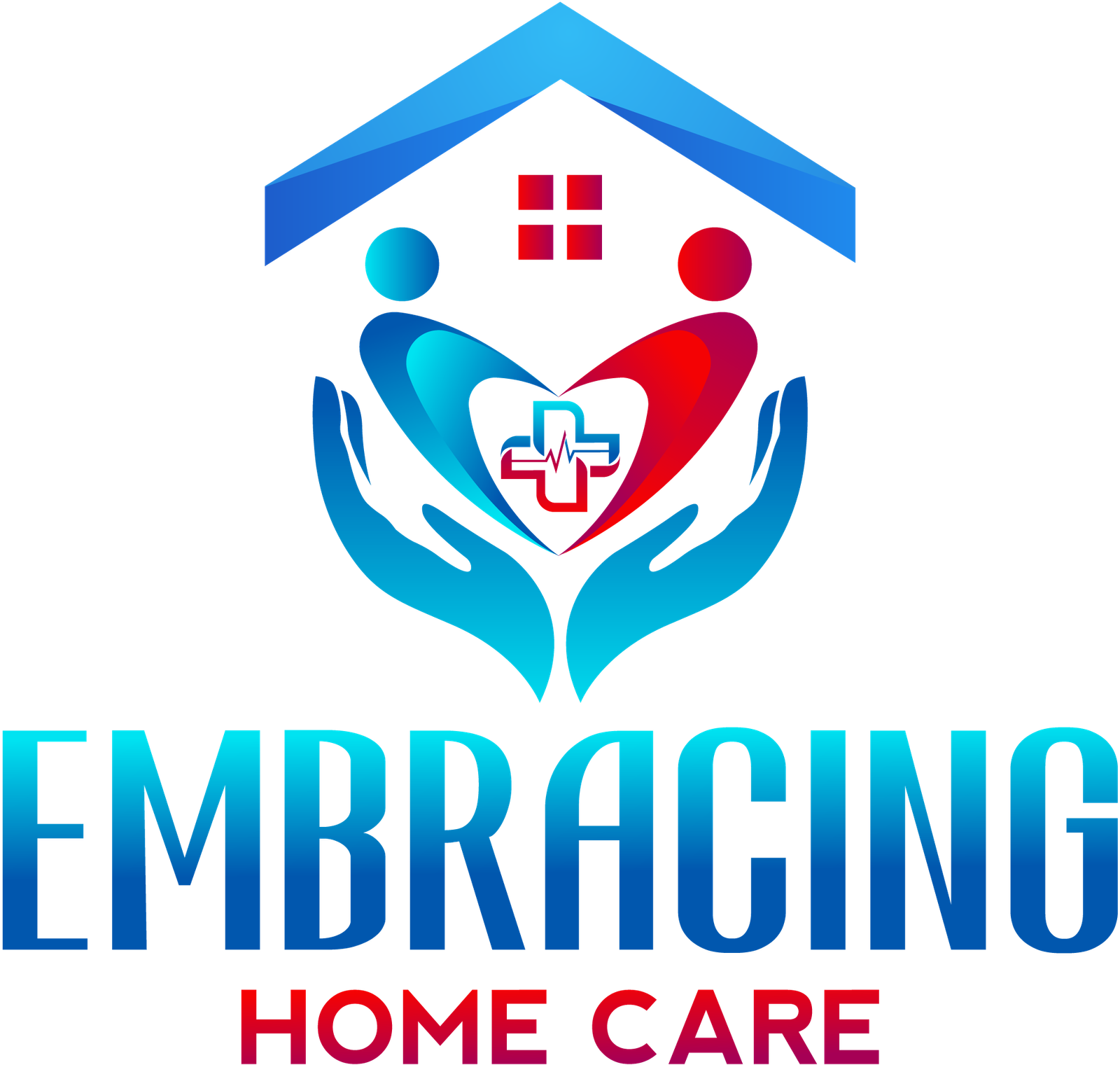IADLs, also known as instrumental activities of daily living, are tasks that are required for completely independent living but are more difficult than ADLs, which are activities of daily living that pertain to personal care and are essential to day-to-day function.
IADL stands for instrumental activities of daily living, and there are a total of eight of them that are used to evaluate a senior’s capacity for self-sufficiency and establish the kinds of supplementary assistance they need to be able to continue living on their own. Due to the more complicated nature of IADLs, they often start to deteriorate first in the early stages of sickness or cognitive decline, while ADLs typically start to deteriorate in the middle or later stages of impairment.
Have a look at this article: The Significance of Activities of Everyday Life.
What Exactly Are Some Examples of Essential Aspects of Everyday Life?
Categories of skills that are required for instrumental activities of daily living need particular degrees of both physical and cognitive capacity. These abilities may be broken down into subcategories. The skill levels in these categories vary from those that may be completed alone to those that need support from an outside source. An effective method for measuring the impact that various impairments have on an elderly person’s capacity to live independently is to examine that senior’s level of functioning in the following eight domains.
Regarding food preparation, can the person organize, cook, and serve appropriate portions of food?
Medication Management:
Is the patient able to take their prescribed drugs at the appropriate times and in the appropriate amounts? Is the person capable of the aforementioned tasks if their medicine is prepared in advance and divided into the appropriate dosages?
Shopping: Is the individual able to buy for themselves independently for all of their requirements, including food, clothes, and personal care products?
Ability to Communicate Through Telephone Is the person capable of using a telephone, including the ability to seek up and call phone numbers?
Handling Money and Finances: Is the person capable of making and sticking to a budget on their own, as well as writing checks, paying bills, making visits to the bank, and keeping track of their income and expenditures?
The person must be able to do housework to an appropriate degree in order to maintain an acceptable level of cleanliness throughout their home.
Using Public Transportation or Driving Oneself: Is the person able to use public transit, drive themselves, or make arrangements for a taxi service?
The ability to wash and dry one’s own clothes is an important factor to consider when evaluating a person’s independence.
How is support provided for IADLs?
It is feasible for an elderly person to need help with just a few IADLs while still being able to manage their own self-care needs. This scenario is achievable. A functional assessment may be carried out by a geriatric care manager, a primary care physician, or an occupational therapist in order to ascertain the quantity and kind of assistance a senior citizen needs as well as the components that should be included in their care plan. It is common practice to undertake a thorough geriatric assessment in order to evaluate a senior’s level of competence in both ADLs and IADLs, as well as lifestyle characteristics, as well as their physical and mental health, in order to gain a full picture of the senior’s circumstances and requirements.
If a senior does not need help with activities of daily living (ADLs), informal caregivers hired via an in-home care organization or family caregivers may readily support instrumental activities of daily living (IADLs). Companionship and meaningful social engagement are two additional benefits that may be provided to seniors by professional carers, in addition to the support that can be provided for their specific needs. When an elderly person gets help with IADLs, such services are sometimes referred to as “homemaker services” or “companion care” in the home care sector.
Since help with IADLs is not considered to be “skilled care,” the costs associated with this kind of home care service are covered by the individual themselves. If a senior citizen additionally needs temporary support with ADLs and medically necessary skilled nursing care delivered in the home, Medicare may pay for part or all of the assistance required for IADLs, depending on the circumstances.
GET IN TOUCH
Call now for a free consultation
Are you looking for compassionate and reliable home care services in Orange, Osceola, Brevard, or Seminole counties? Look no further than our professional team at Embracing Home Care! Our highly trained caregivers provide personalized care for seniors and individuals with disabilities, ensuring that they can continue to live independently in the comfort of their own homes. With a variety of services including personal care, transportation, meal preparation, and companionship, we strive to improve the quality of life for our clients and provide peace of mind for their families. Contact us today at 321-758-2036 to learn more about our affordable and flexible home care options and to schedule a consultation with one of our care coordinators. Let us help you or your loved one live life to the fullest! We serve Central Florida cities like Orlando, Apopka, Ocoee, Winter Garden, Sanford, Altamonte Springs, Casselberry, Palm Bay, Melbourne, Titusville, Kissimmee, St. Cloud, Celebration, Lake Mary, Oviedo, Longwood, Winter Springs, Cocoa Beach and more.
